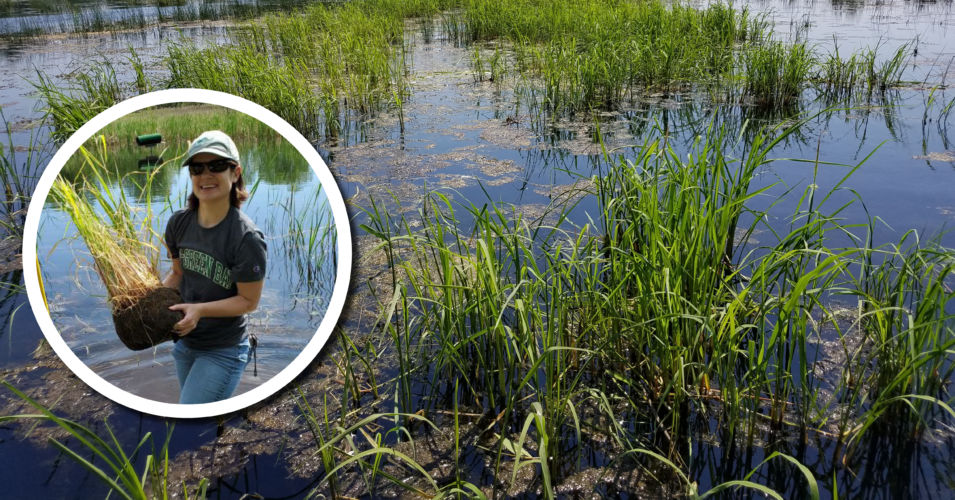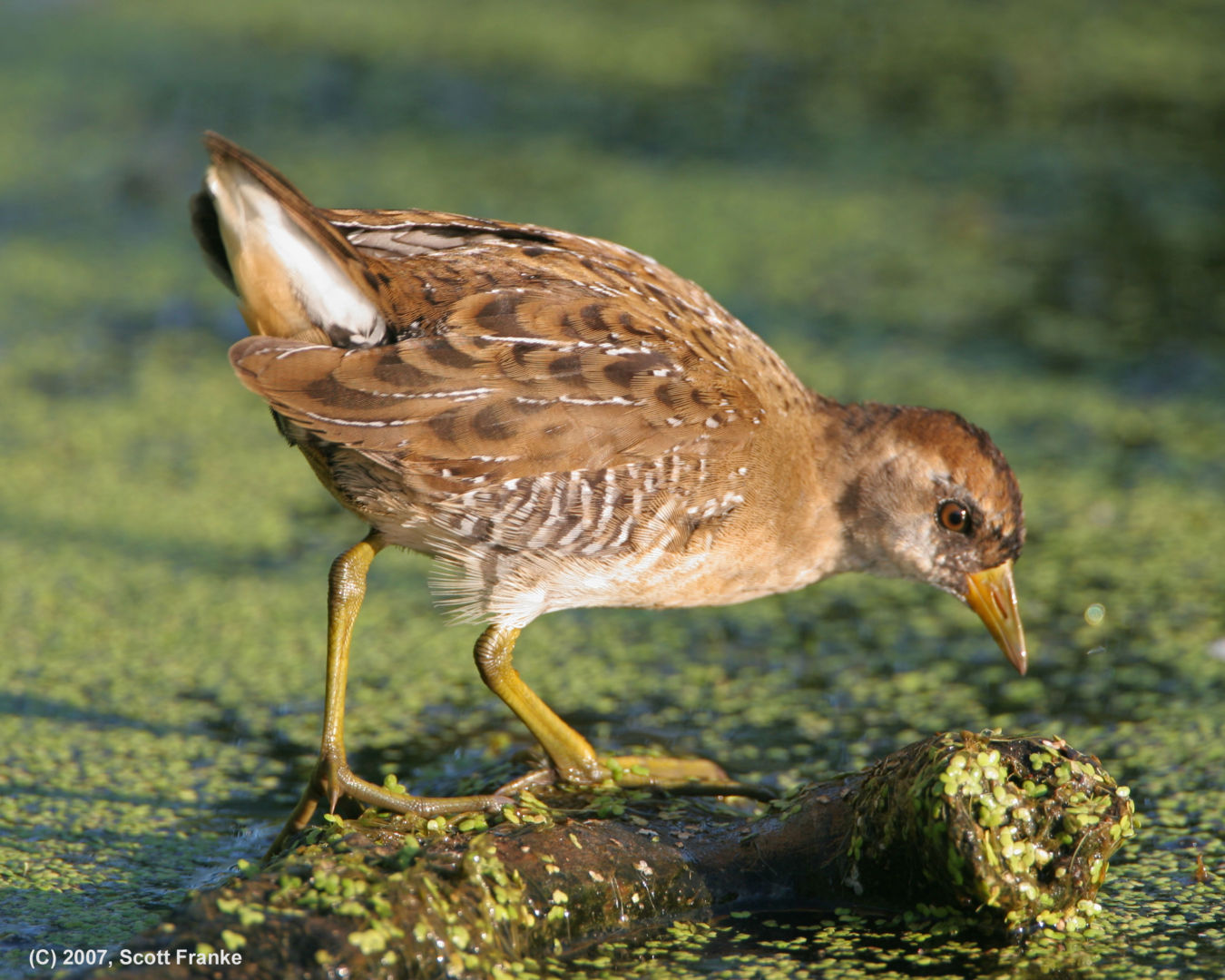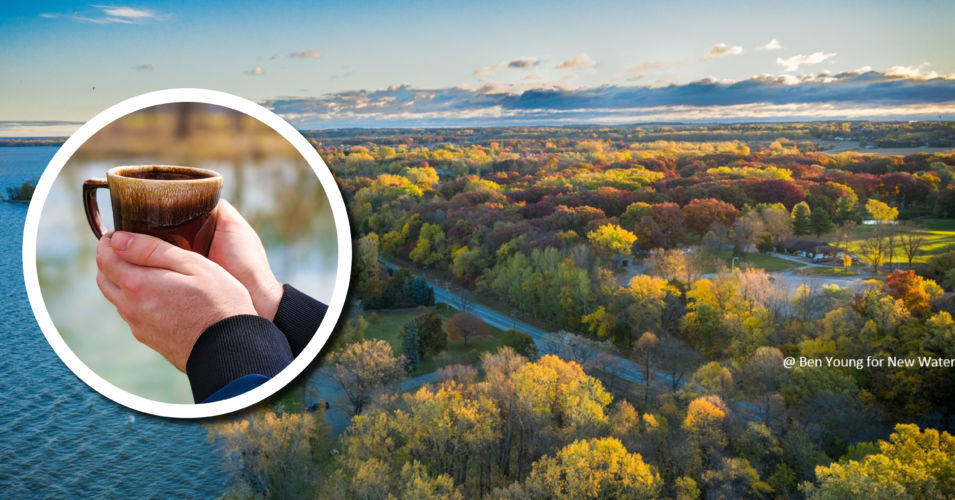Manoomin (wild rice) is a native annual wetland grass with profound importance for many indigenous tribes in Wisconsin along with fish and wildlife. Conservation professionals are using an adaptive management approach to seed wild rice in the fall at priority Green Bay west shore coastal marshes and then monitor sites during the growing season to inform future management and restoration efforts. An outreach program in local schools also provides an opportunity to introduce K-12 students to Manoomin as a teacher in the classroom and a connection to place-based wetland restoration.
Amy Carrozzino-Lyon, Restoration Scientist and Green Bay Restoration Project Coordinator, UW-Green Bay
Recorded August 5, 2022.
Amy Carrozzino-Lyon is the Restoration Scientist and Green Bay Restoration Project Coordinator at UW-Green Bay. She collaborates with conservation partners on projects working toward ecological restoration of coastal wetland communities as well as stakeholder engagement, outreach, and education.
Related Content
Wetland Coffee Break: Visiting the Great Spirit’s Garden: Wild rice in Wisconsin’s wetlands
Wild rice: Food for migrating waterfowl
Wetland Coffee Break: Establishing a Bay of Green Bay National Estuarine Research Reserve




